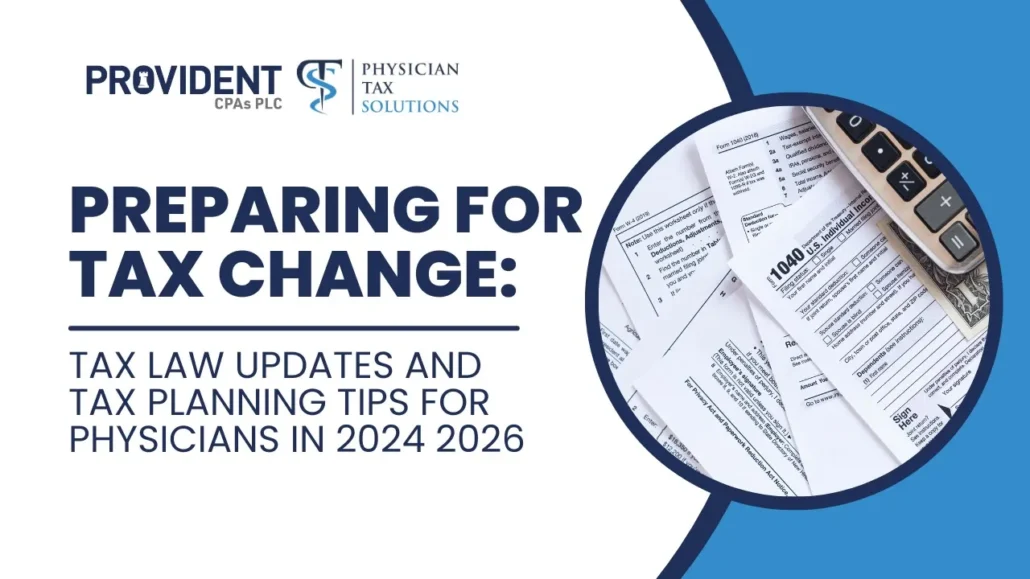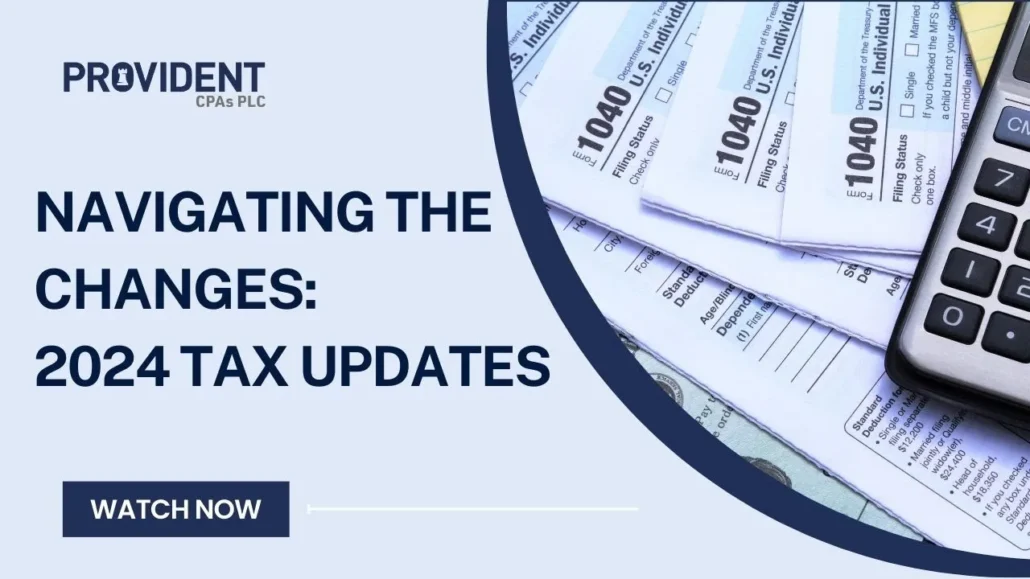Posts Tagged ‘income tax’
Risk Mitigation With A Private Insurance Company
Risk Mitigation With A Private Insurance Company These professionals bring a wealth of experience in guiding medical professionals and business leaders through financial planning, risk management and wealth building. They’ll share actionable strategies for overcoming financial hurdles, protecting assets, and achieving long-term stability and growth. Learn directly from those who have helped other leaders across…
Read MoreAsset Protection Planning for Business Owners and Professionals
Asset Protection Planning for Business Owners and Professionals Join our esteemed panel of experts as they delve into the intricacies of asset protection planning. This comprehensive webinar series is designed to provide you with the knowledge and tools necessary to safeguard your wealth and ensure your financial security. This post serves solely for informational purposes…
Read MoreMastering Financial Planning for Physicians Strategies for Protection, Liquidity and Diversification
Mastering Financial Planning for Physicians Strategies for Protection, Liquidity and Diversification Designed specifically for physicians, this webinar offers a comprehensive approach to managing and growing your wealth through targeted strategies for protection, liquidity, and diversification. This post serves solely for informational purposes and should not be construed as legal, business, or tax advice. Individuals should…
Read MoreEstate Planning for Physicians: Protection for You and Your Family
Estate Planning for Physicians: Protection for You and Your Family Ensure your family’s legacy with our comprehensive webinar, presented by Todd Hudgins, JD, CPA, LLM. This essential session is tailored specifically for physicians, offering critical insights and strategies to safeguard your assets and provide peace of mind for you and your loved ones in…
Read MorePreparing for Tax Change: Tax Law Updates and Tax Planning Tips for Physicians in 2024-2026
Preparing for Tax Change: Tax Law Updates and Tax Planning Tips for Physicians in 2024 2026 In an ever-evolving tax landscape, it’s crucial to understand the upcoming changes and how they could impact your financial health. This comprehensive session will cover: 2024-2026 Tax Law Changes: Gain insights into the latest tax legislation and understand what…
Read MoreNavigating the Changes 2024 Tax Updates
How Understanding Tax Rules Can Maximize Profits from a Business Sale
A record number of American business owners are selling up. It pays to know what this means for your next tax return if you’re ready to close a deal. More people than ever are looking to become their own boss in 2019, so if you’re ready to sell your business, you may find no shortage…
Read More






